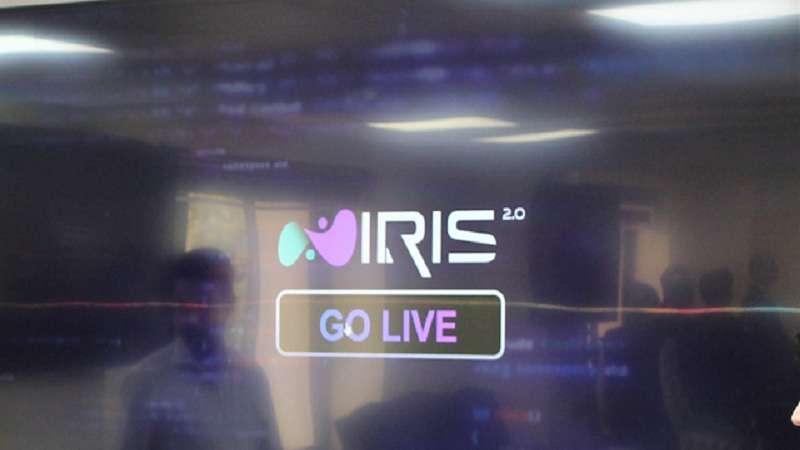(PkRevenue.com) – The Federal Board of Revenue (FBR) is on the verge of notifying new rules to streamline the clearance of outstanding income tax refunds through electronic means.
This initiative aims to address the backlog of refund applications and enhance the efficiency of the refund process.
Background and Need for New Rules
According to FBR sources, the proposed new procedure might be presented in the upcoming budget for fiscal year 2024-25 for parliamentary approval. The objective is to electronically clear 93,874 pending income tax refund applications currently lodged in various FBR field formations. These applications represent billions of rupees in stuck revenue that could be reinjected into the economy.
As of May 2024, these 93,874 refund applications remain unprocessed across 25 FBR field formations. Historical data reveals that from March 2021 to April 2024, the FBR processed and disbursed Rs 73.370 billion in income tax refunds across 31,480 cases. This highlights a significant backlog that the new electronic system aims to resolve.
Current Process and Its Challenges
Under the existing provisions of Section 171 of the Income Tax Ordinance, 2001, taxpayers must file an online application through the FBR’s IRIS e-portal, directed to the concerned Commissioner of Inland Revenue (IR) and Revenue bearing jurisdiction. While this system is functional, it has faced criticism for delays and inefficiencies.
To address these issues, the IR Policy Wing of the FBR is drafting necessary rules and regulations. Additionally, the IT Wing of the FBR is tasked with designing, developing, coding, testing, quality assuring, deploying, and maintaining the Section 170A module. This new module will enable the automated processing of refunds, aiming to eliminate delays and manual errors.
Proposed Changes and Their Implementation
Field formations have been directed to expedite the processing of pending refund applications. This involves giving claimants at least three opportunities to be heard, each with a 15-day notice period. This process ensures that no claimant is left unheard and aims to clear the backlog efficiently.
One of the significant challenges has been the absence of procedures or rules for implementing Section 170A of the Income Tax Ordinance, 2001. This section enables the issuance of income tax refunds without requiring a formal application from taxpayers. The new rules aim to operationalize this provision, thereby simplifying the refund process.
Technological Enhancements
The FBR’s income tax refund processing system is highly automated and sophisticated, having evolved significantly over the years. The software ensures that refunds are only deposited into the IBAN or bank account of the taxpayer to whom the refund is owed. This is done to prevent any misallocation of funds and to comply with safety and anti-corruption protocols set by the State Bank of Pakistan (SBP).
The system is designed so that neither the FBR’s field formations nor the Office of the Chief Refunds (CITRO) can alter a taxpayer’s IBAN or bank account details. Only the taxpayer has the authority to add or amend these details, ensuring the security and integrity of the refund process.
Introduction of IRIS 2.0
In August 2023, the FBR introduced IRIS 2.0, an upgraded platform for e-filing income tax returns. This system streamlines the process for taxpayers, allowing them to e-file returns, apply for refunds online, and attach necessary documentation in PDF format. Despite these advancements, there remains a significant lack of awareness among the general population about these IT automation processes.
Educating the Public
FBR officials emphasize the importance of educating taxpayers about the new electronic systems. Increased awareness and understanding of the IRIS 2.0 platform and the electronic refund process can lead to higher compliance rates and a more efficient tax administration system. Efforts are needed to inform the public about how to e-file their returns and claim refunds, ensuring that taxpayers can benefit fully from these technological enhancements.
Economic Implications
The timely clearance of income tax refunds has significant economic implications. For taxpayers, receiving refunds promptly can improve cash flow and financial planning. For the broader economy, the injection of previously stuck funds can stimulate economic activity, particularly in sectors where businesses are waiting for substantial refund amounts.
Moving Forward
The FBR’s initiative to notify new rules for clearing income tax refunds electronically marks a crucial step towards modernizing Pakistan’s tax administration system. By addressing the backlog of refund applications and ensuring a more efficient process, the FBR aims to enhance taxpayer satisfaction and compliance.
The proposed changes, if approved in the upcoming budget, will require robust implementation and ongoing monitoring to ensure their success. The collaboration between the IR Policy Wing and the IT Wing of the FBR will be critical in this regard. Additionally, public education campaigns will be necessary to maximize the benefits of the new system and ensure that all taxpayers are aware of and can utilize the electronic refund process.
The FBR’s plan to introduce new rules for clearing income tax refunds electronically represents a significant advancement in Pakistan’s tax administration. By leveraging technology to streamline processes and reduce delays, the FBR aims to improve efficiency and transparency, benefiting both taxpayers and the economy as a whole. The upcoming budget session will be a key moment in determining the future of these proposed changes and their potential impact on the country’s financial landscape.
